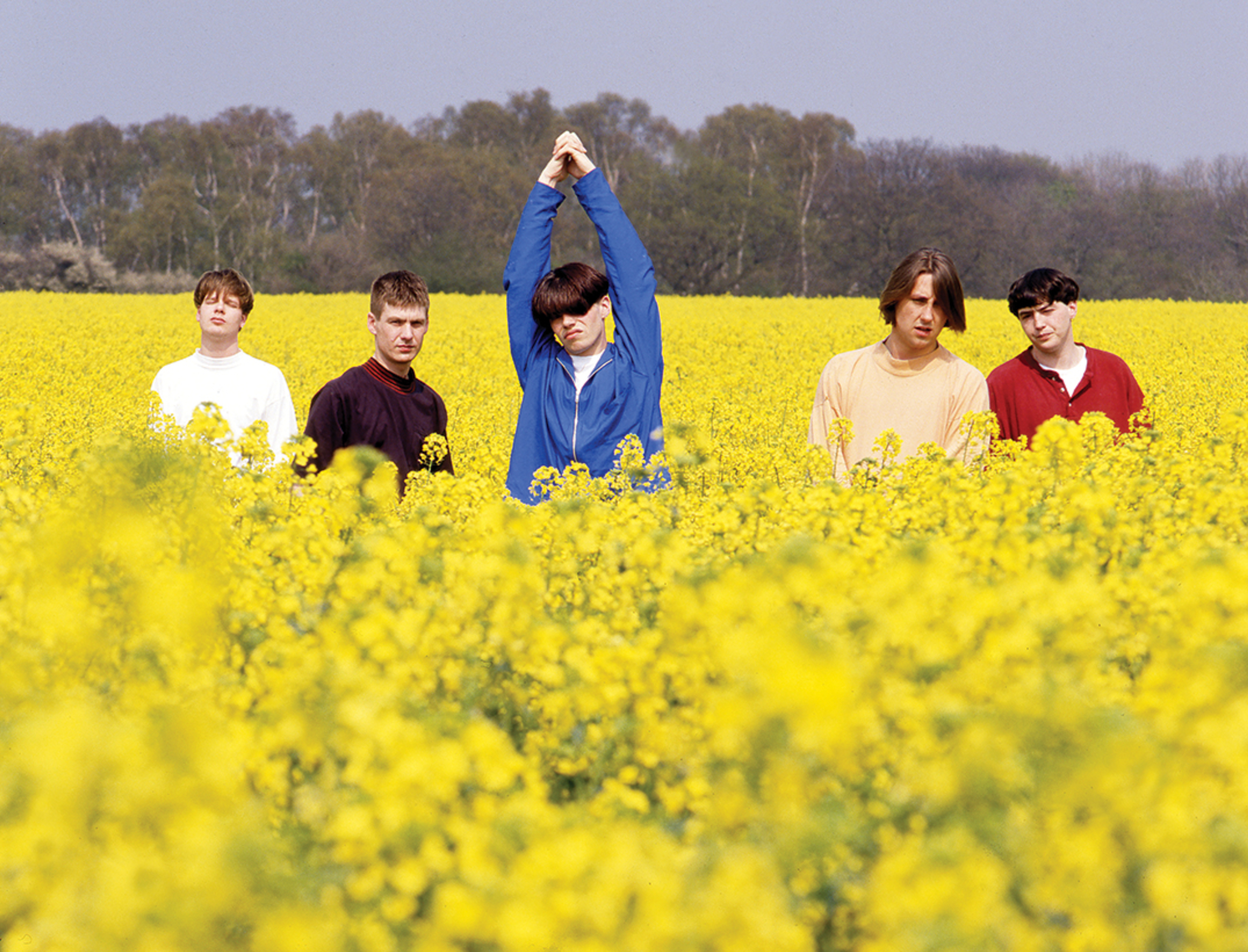
The Charlatans Aberdeen
Tuesday, May 5, 2026
20:00
, Aberdeen
Nestled in the heart of Aberdeen, Scotland, the Aberdeen Music Hall stands as a beacon of cultural vibrancy and a cornerstone of the Granite City's artistic landscape. More than just a venue, it is an institution, a place where history, architecture, and the pulsating energy of live performance converge. With its grand facade and rich heritage, the Aberdeen Music Hall offers a unique and captivating experience for music lovers, presenting a diverse array of performances that range from classical orchestral concerts to contemporary popular music. Its acoustics, renowned within the concert hall circuit, elevate every performance, ensuring that each note resonates with clarity and depth. This profile delves into the multifaceted world of the Aberdeen Music Hall, exploring its storied past, its pivotal role in the local music scene, and the unforgettable experiences it promises to its patrons.
The story of the Aberdeen Music Hall is intrinsically linked to the civic pride and burgeoning cultural aspirations of Aberdeen in the mid-19th century. Construction began in 1855, funded by public subscription and designed by the esteemed architect James Simpson. The vision was to create a building that not only served as a venue for musical performances but also as a grand civic space, a testament to the city's prosperity and its commitment to the arts. The Music Hall was officially opened in 1859, immediately becoming a prominent landmark in the city. Its original purpose extended beyond concerts; it was conceived as a multifunctional space, hosting public meetings, exhibitions, and banquets. The architectural style, a harmonious blend of classical and Renaissance influences, with its imposing Ionic columns and elegant proportions, immediately set it apart as a building of significant stature. This architectural grandeur has been a consistent backdrop to its long and varied history, shaping the atmosphere and the very perception of the events held within its walls.
Over the decades, the Aberdeen Music Hall has witnessed and hosted a remarkable spectrum of events, cementing its place as a vital cultural hub. From its early days featuring renowned orchestras and visiting dignitaries, it has evolved to embrace a wider range of artistic expression. Its resilience has been tested, surviving periods of economic fluctuation and undergoing significant renovations to adapt to modern standards while preserving its historic charm. A particularly significant chapter in its history involves its ongoing role as a primary venue for the Aberdeen International Youth Festival, a testament to its commitment to nurturing young talent and fostering international cultural exchange. Furthermore, the Hall has been a consistent champion of local talent, providing a platform for emerging artists from Aberdeen and the wider North East of Scotland. Its enduring presence has also meant it has been a backdrop to significant moments in the lives of many Aberdonians, from first dates at a concert to family outings to the ballet.
While the Aberdeen Music Hall has a long history of hosting esteemed classical musicians and touring orchestras, its capacity to adapt has also seen it embrace a broader spectrum of live music. The venue's unique selling proposition (USP) lies in its exceptional acoustic design, meticulously engineered to enhance both orchestral grandeur and intimate vocal performances, creating an immersive auditory experience unmatched in the region. This makes it a favoured venue for artists who prioritise sound quality.
Here are some notable performances that have graced its stage:
These performances, among countless others, underscore the Aberdeen Music Hall's status as a premier destination for artists who demand the best in sound and presentation, and for audiences seeking an unforgettable live music experience.
The nearest train station is Aberdeen Station, which is approximately a 10-15 minute walk from the Music Hall. Frequent services run from major cities across the UK, including Edinburgh, Glasgow, and London.
Numerous bus routes serve the city centre, with stops located within easy walking distance of the Music Hall. Key bus stops can be found on Union Street and nearby streets. For specific route information, it is advisable to check with local bus operators.
While street parking is limited in the immediate vicinity, several multi-storey car parks are available nearby.
Aberdeen Music Hall is committed to ensuring a welcoming and accessible experience for all visitors. The venue offers:
The Aberdeen Music Hall has a seating capacity of approximately 1,400 for concerts and a larger standing capacity for certain events.
You can reach Aberdeen Music Hall by bus, with numerous routes stopping in the city centre, or by train to Aberdeen Station, followed by a short walk.
Yes, Aberdeen Music Hall is wheelchair accessible, with ramps, lifts, and designated accessible seating available. It is advisable to book accessible tickets in advance.
Door opening times vary for each event. It is best to check your ticket or the venue's official website for the specific event you are attending.
There are several multi-storey car parks within a 5-10 minute walk of the Music Hall, including Gallowgate Car Park and Union Terrace Car Park.
Location
, Aberdeen